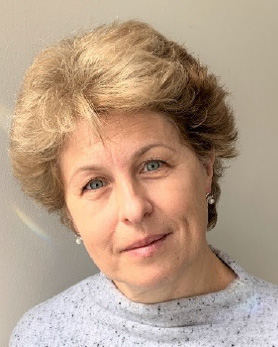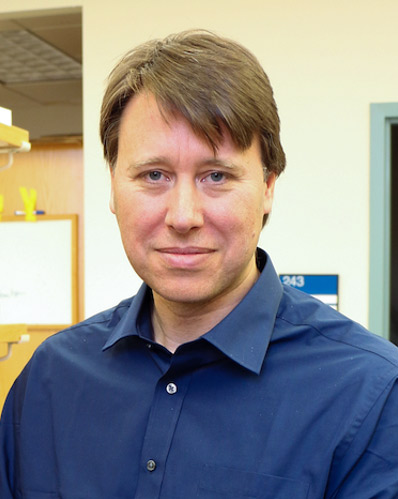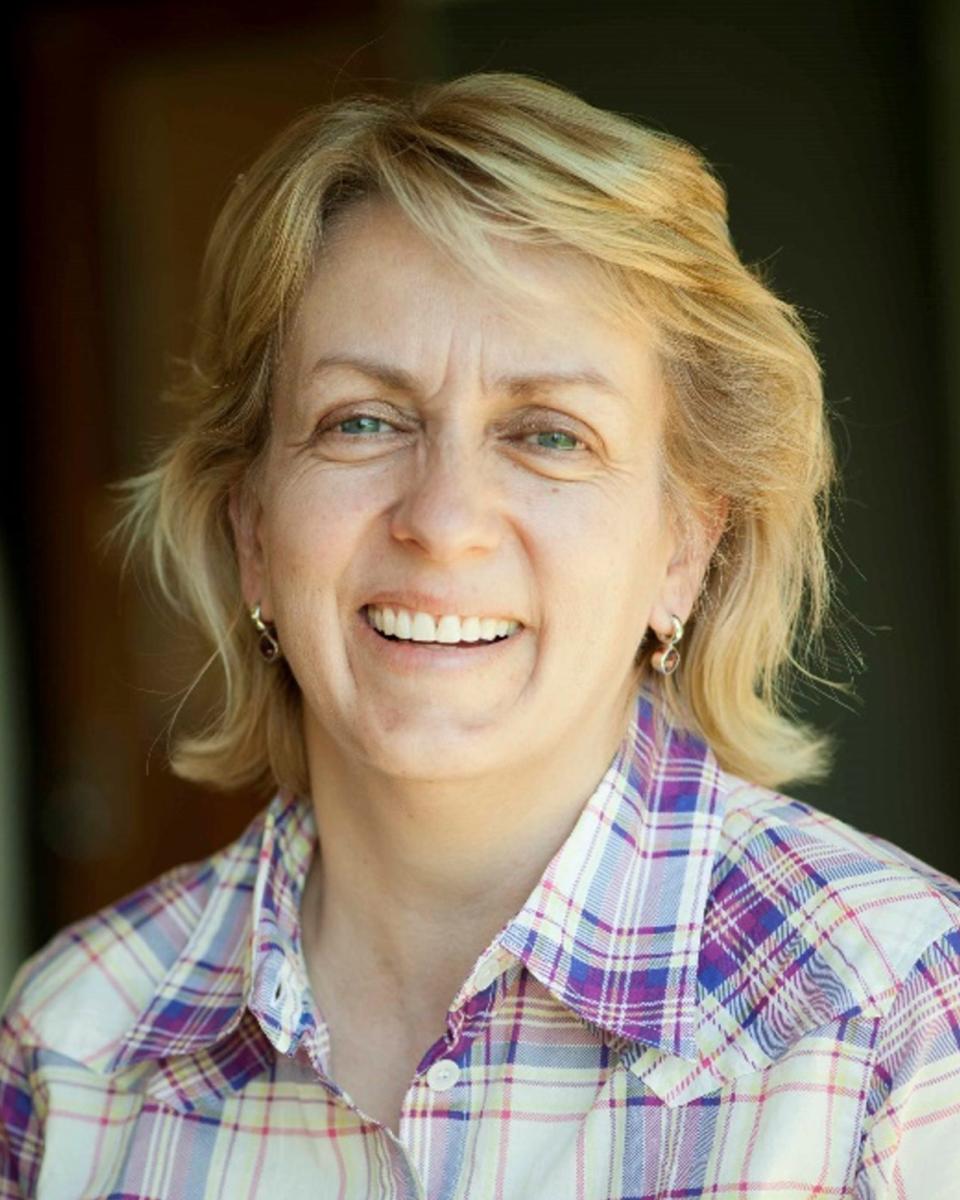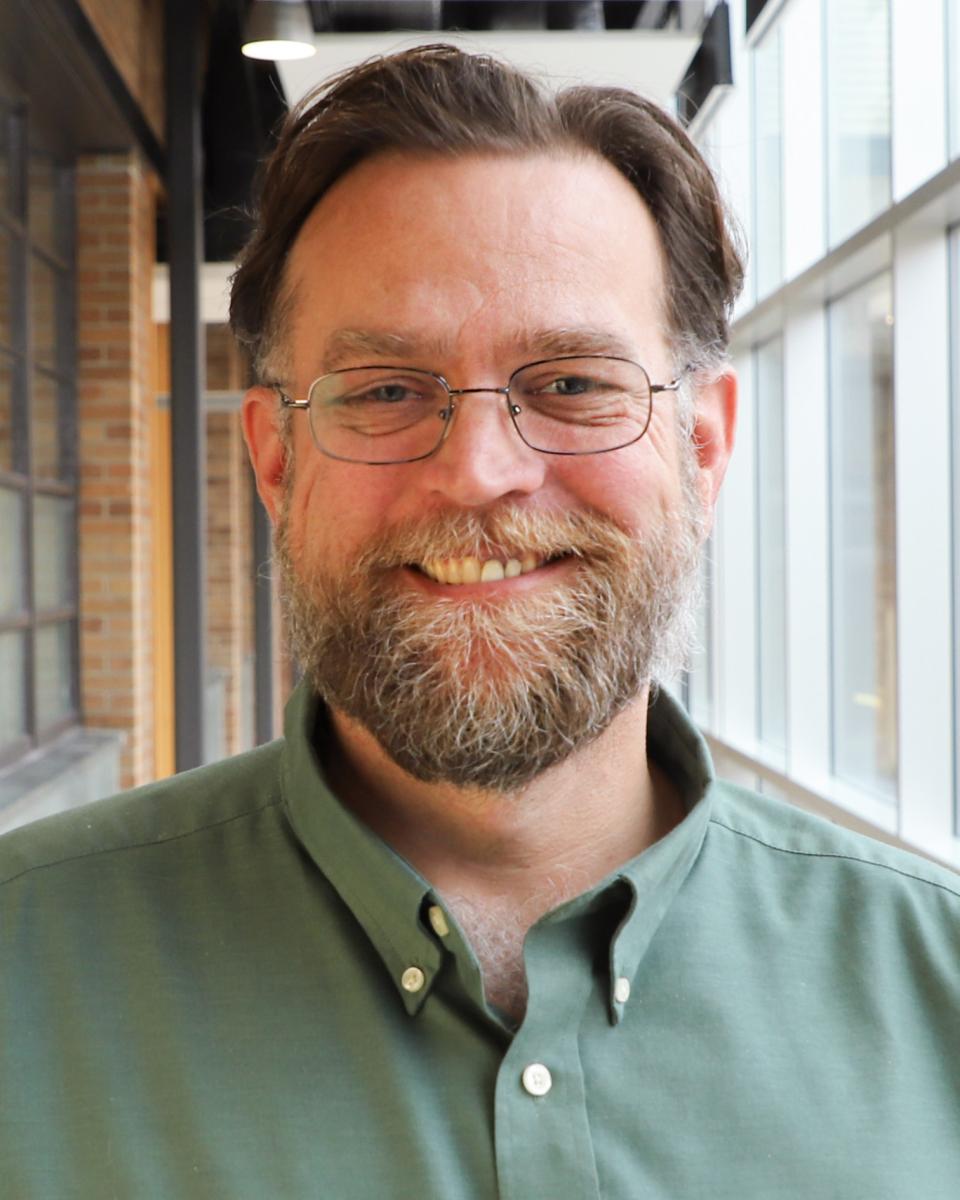
Maria Fedorova
Global Genome Editing Technical Lead, Regulatory & Stewardship, Corteva AgriscienceTM
Fedorova is an expert on global regulatory policies in plant biotechnology. She leads regulatory strategies to advance Corteva’s genome-edited varieties through the R&D pipeline to commercialization. She interacts with global regulatory authorities, company collaborators and the seed industry to improve the understanding of genome editing, to facilitate development of risk-proportionate regulations, and to advance public acceptance of plant breeding innovations.
For over 20 years Fedora's career has been with the seed industry. Dr. Fedorova is a Distinguished Laureate at Corteva R&D organization. She received her Ph.D. degree in microbiology & genetics from the Institute of Agricultural Microbiology in St. Petersburg, Russia and completed two postdoctoral fellowships at the University of Minnesota and DuPont-Pioneer, USA.
Fedora is passionate about improving people’s wellbeing through scientific innovations. She was born and raised in a large city, with no family ties to agriculture. Living for almost 30 years now in the U.S. Corn Belt, Maria continues to be fascinated by modern agriculture and benefits that scientific innovation can bring to farmers and consumers.

David Bertioli
Professor & GRA/GSD Distinguished Investigator, Peanut Genetics, Genomics and Evolution, University of Georgia
Wild Species in Peanut Improvement
Bertioli grew up in England, where he developed a passion for plants while gardening with his mother and caught a fascination with science from his father. Following a bachelor’s in botany at the University of Durham, Bertioli completed his doctorate at the University of Oxford, when sequencing of DNA was still done on hand-made equipment and the results were typed manually into computers. He then moved on to research at Rothamsted Research, the oldest Agricultural Experimental Station in the world. Relocating to Brazil in 1996, he held consultancy positions for the Brazilian Agricultural Research Corporation (EMBRAPA), then professorships at the Catholic University of Brasília and Federal Universities of Brasília. In 2009 he was awarded a fellowship of the Brazilian National Council for Scientific and Technological Development. During this time, strong collaborations with the Genetic Resources unit of EMBRAPA enabled him to build botanical knowledge of the peanut and its wild relatives in their native habitat. Since 2000, together with long-term collaborator and spouse, Soraya Leal-Bertioli, their research has entirely focused on peanut. A sabbatical visit to Georgia in 2013 turned into faculty positions at the University of Georgia and founding the Wild Peanut Lab. Research themes that began in Brazil became key to the Peanut Genome Project. David was first author on the peanut genome publications in Nature Genetics in 2016 and 2019.
The Bertioli’s research prioritizes practical application, especially the use of wild species to improve the peanut crop. Over the years, using complex hybridizations and genetics, they have identified strong wild species resistances to late and early leaf spots, rust and root-knot nematode, and introduced them into the peanut crop. The Bertioli’s work has resulted in peanut cultivars and germplasm releases in Senegal, Brazil and the USA.

Mary Kay Hausbeck
University Distinguished Professor and Extension Specialist, College of Agriculture & Natural Resources, Department of Plant, Soil and Microbial Sciences, Michigan State University
Grower-Driven Research Leads to Integrated Disease Management
Hausbeck received her graduate degrees at Michigan State University and the Pennsylvania State University. Her professional career at Michigan State University has been dedicated to responding to problems that face growers through research and outreach. Her crop responsibilities include tomatoes, peppers, cucurbits, onions, carrots, celery, asparagus, ginseng, table beet, herbs and greenhouse-grown herbaceous ornamentals and vegetables. Hausbeck lab has successfully tested and implemented forecasting programs in asparagus and carrots. Her work with Phytophthora capsici has led to integrated strategies that have allowed growers to continue production of susceptible crops. When cucurbit downy mildew first threatened Michigan in 2005, she initiated efficacy trials to give growers fungicide management recommendations, which are updated annually. Since 2006, she has maintained a cucurbit downy mildew spore monitoring program to alert growers when disease is imminent in their areas. In response to the needs of Michigan growers, Hausbeck has developed and revised pest management strategic plans for five crops. Her greenhouse ornamental priorities include Botrytis cinerea, downy mildews, and Pythium spp. She considers the graduate education of students in plant pathology a priority. Under her program, over 50 students have received their advanced degrees and gone on to successful careers at universities, private industry, and government agencies.

Jason Rauscher
Academic Relations Manager, Corteva Agriscience™
Introduction to the Plant Sciences Symposia Series
Rauscher received his Ph.D. in Plant Evolutionary Genetics from Washington University in St. Louis, and postdoctoral training at Cornell University. He is a passionate science and education advocate leveraging over 20 years of experience in academia, research, secondary education and industry to foster mutually beneficial interactions between academia and the private sector in the agricultural and biological sciences. Rauscher is currently responsible for managing the Plant Sciences Symposia Series, which supports a network of graduate student organized symposia at over 30 universities and research centers around the world each year. Responsibilities also include management of the New Frontiers in Applied Science conference series, and support for the Corteva internship program for undergraduate and graduate interns working within R&D.

Christian Stephenson
Assistant Professor of Practice, Department of Agronomy and Horticulture, University of Nebraska–Lincoln
The Landscape for Regional Food in Nebraska
Christian Stephenson was born in Macon, Mississippi. His first experience with horticulture was working alongside his grandparents in their large garden, a holdover of the victory gardens of the 1940s. He received his Bachelor's degree in biological sciences from the University of Southern Mississippi. Following this, he earned a master's degree in entomology and a second master's degree in plant pathology from Mississippi State University.
In 2011, he began work for Mississippi State University Extension. This work was primarily focused on small scale vegetable and fruit farms and home horticulture. While working in extension, he pursued his doctorate in horticulture with research on economics of pest management in small-scale vegetable production, impacts of high tunnel production, and motivations for and barriers to adoption of sustainable practices.
He joined the Department of Agronomy and Horticulture at the University of Nebraska–Lincoln in January of 2023 as an Assistant Professor of Practice with a focus on landscape and regional food systems. Current teaching includes Horticulture Plant Sciences Laboratory, Edible Landscapes, Introduction to Plant Diagnostics, and Organic Farming and Food Systems. His research focuses on the development and evaluation of specialty crop production practices in terms of their effect on plant productivity, economic factors of production, and equity. An additional area of interest is the integration of food plants into urban and rural landscapes.